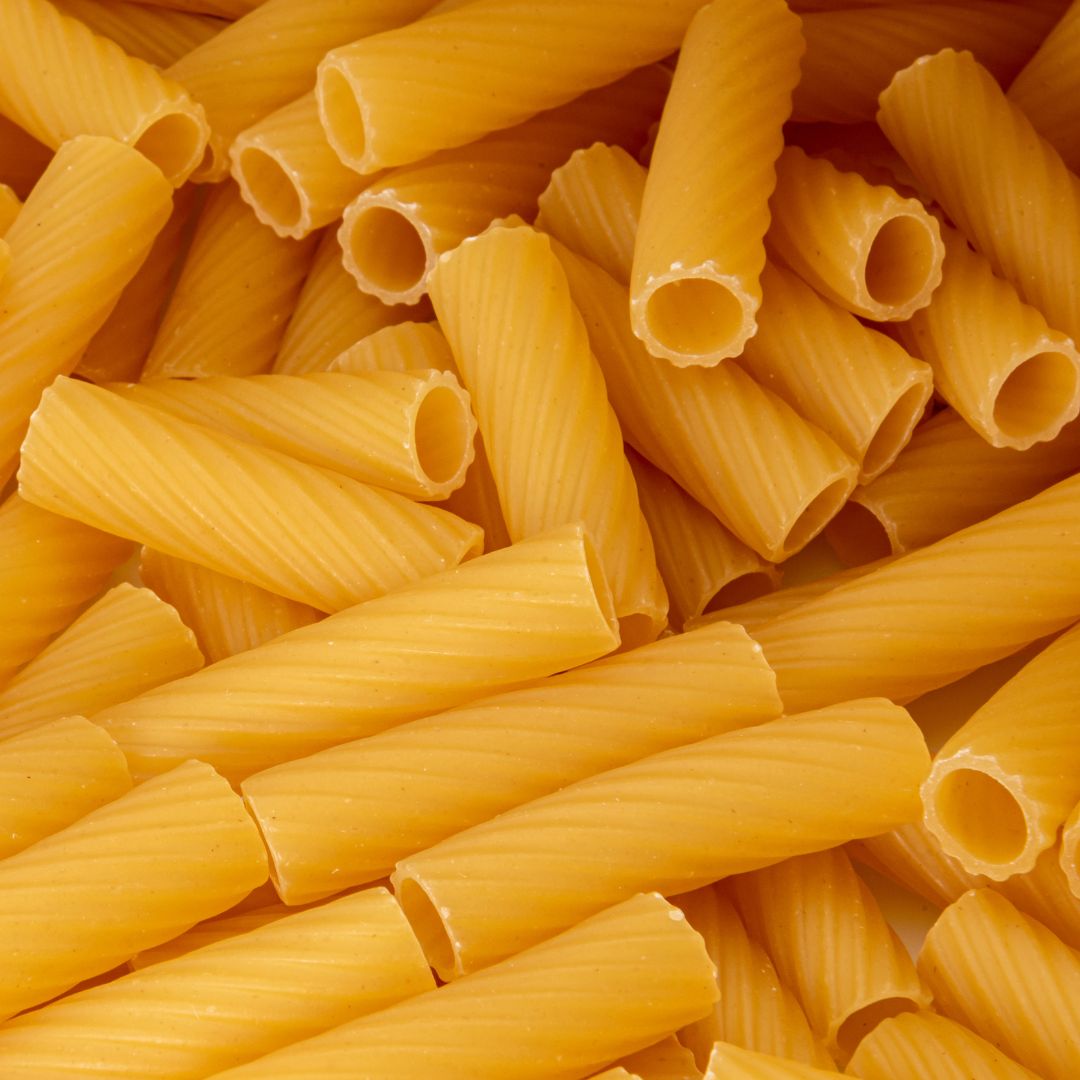
One of the most basic actions in the kitchen is salting the pasta water.
But why is salt added? When should it be added? How much does it really affect the taste or texture of pasta?
In this article we explore the role of salt in pasta cooking, including false legends, scientific explanations and practical advice, with attention to the quality of raw materials such as those used in Valdigrano pasta and the Valbio organic line.
When do you put salt in pasta?
It is one of the most frequently asked questions, and also one of the most misunderstood: ‘When do you put salt in pasta?’ The answer is simple and scientifically sound: when the water comes to the boil.
Adding it before is useless (and lengthens the boiling time), while putting it after the pasta has come to the boil can compromise the correct distribution of flavour.
Extra Tip
10 g of salt per litre of water: a balanced proportion for flavour without excess.
Does salt really make pasta better?
Absolutely!
Salt is not only used for flavouring, but also interacts with the pasta while cooking, improving its characteristics:
1. Enhances the flavour of the grain
Salt brings out the aromatic qualities of the pasta, especially when it comes to premium formats such as Valdigrano Qualità Superiore, made with Kronos durum wheat. The result is a full, round taste that does not need heavy seasoning to stand out.
2. Strengthens the structure of the pasta
The salt contributes to the coagulation of proteins on the surface, helping the pasta to maintain a firm and pleasant texture, ideal for al dente cooking.
3. Promotes more consistent cooking
By acting on the starch, salt limits the sticky effect and makes the pasta drier and more compact. This is especially important with Valdigrano bronze-drawn shapes, whose rough surface better retains sauces.
3 myths to dispel
Salt makes the water boil faster
No: salt raises the boiling point, so the water takes longer to boil.
It should only be added after the pasta has been dropped
No: then the pasta cooks in bland water and cannot absorb the salt well.
The result is a less harmonious taste.
It is a minor step
Actually, salting the water correctly is essential to enhance even the simplest sauces. A good, well-salted pasta already has all the flavour of tradition in it.
Pasta quality matters
Salt is at its best when it meets quality pasta, made with selected wheat, careful processing and shapes designed to enhance each ingredient.
Valdigrano pasta guarantees excellent cooking performance and a perfect hold. Similarly, the Valbio organic line, classic and wholemeal, is designed for those who love an authentic and natural taste, to be enhanced even with light sauces.
Salt, often taken for granted, is one of the key elements in enhancing a good pasta dish. Dosing it correctly and adding it at the right time enhances the flavour of the grain, improves cooking and makes each format more harmonious to the palate.
With quality pasta like Valdigrano and Valbio, even a simple gesture like salting the water becomes part of a ritual of taste, attention and daily care.
